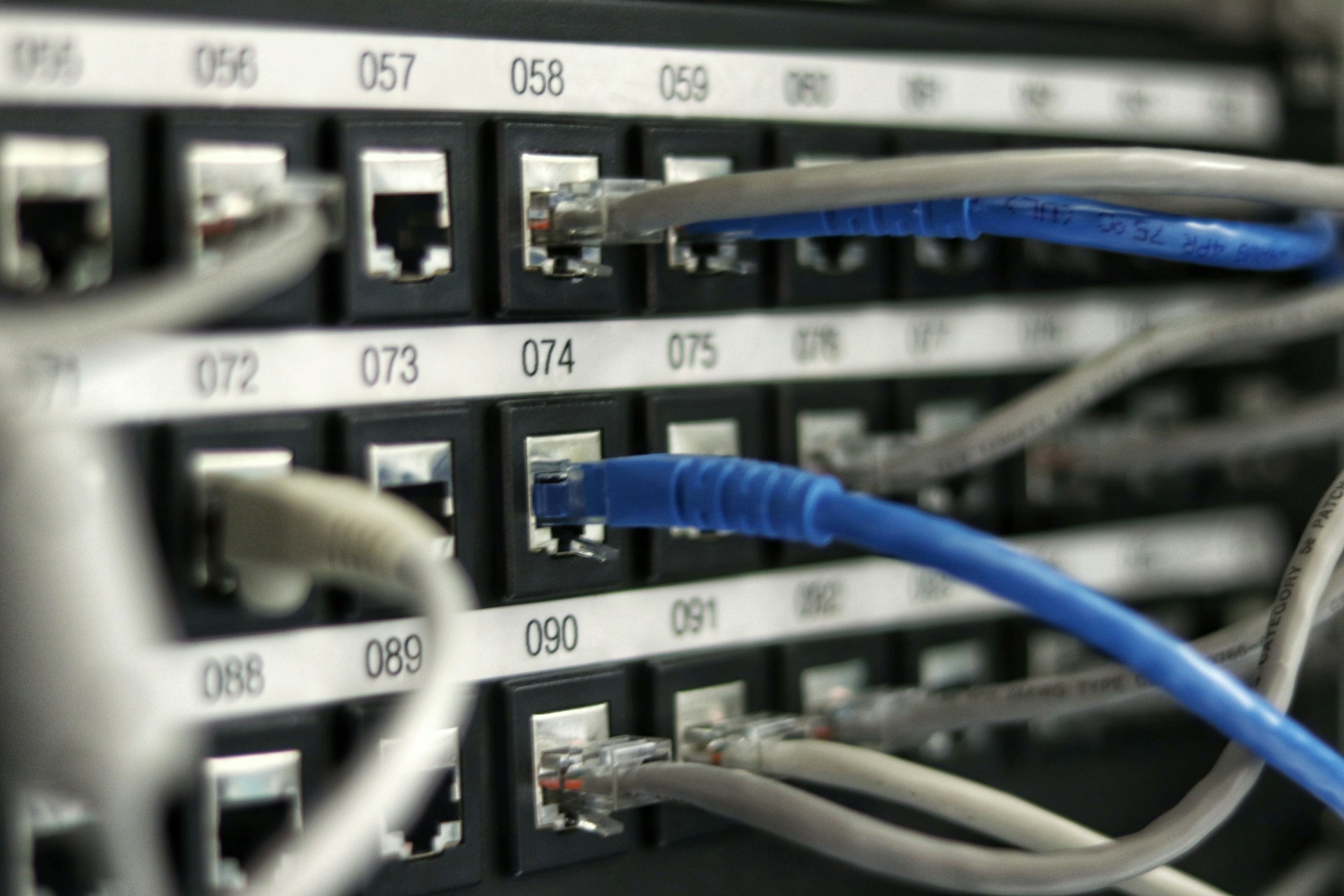· Damian · Networking · 2 min read
IP Addresses Explained: Types, Classes, and Examples
A guide to understanding IP addresses, their types, classes, and practical examples.

Introduction
An IP (Internet Protocol) address is a unique numerical label assigned to each device connected to a computer network. Think of it as your home address, but for your devices online. Without IP addresses, data wouldn’t know where to go, and the internet as we know it wouldn’t function.
IPv4 vs IPv6
IPv4
The most common IP address format is IPv4, which looks like this: 192.168.1.1. It consists of four numbers (0-255) separated by dots, allowing for about 4.3 billion unique addresses. With the explosion of internet-connected devices, we’ve nearly exhausted this supply.
Example IPv4 address: 172.16.254.1
IPv6
To solve the address shortage, IPv6 was developed. These addresses look quite different: 2001:0db8:85a3:0000:0000:8a2e:0370:7334. IPv6 uses hexadecimal notation and can create an almost unlimited number of addresses (340 undecillion!).
Example IPv6 address: fe80::1ff:fe23:4567:890a
IP Address Classes
IPv4 addresses are divided into five classes:
- Class A: 0.0.0.0 to 127.255.255.255 (Large networks)
- Class B: 128.0.0.0 to 191.255.255.255 (Medium networks)
- Class C: 192.0.0.0 to 223.255.255.255 (Small networks)
- Class D: 224.0.0.0 to 239.255.255.255 (Multicast)
- Class E: 240.0.0.0 to 255.255.255.255 (Experimental)
Public vs Private IP Addresses
Public IPs
These are visible on the internet and assigned by your ISP. When you check “what’s my IP” online, you’re seeing your public IP.
Private IPs
These work only within local networks and follow specific ranges:
- 10.0.0.0 to 10.255.255.255
- 172.16.0.0 to 172.31.255.255
- 192.168.0.0 to 192.168.255.255
Your home router typically assigns private IPs to your devices and uses NAT (Network Address Translation) to connect them to the internet through a single public IP.
Special IP Addresses
Some IP addresses serve special purposes:
- 127.0.0.1: Localhost (your own device)
- 0.0.0.0: Default network
- 255.255.255.255: Broadcast address
Why IP Addresses Matter
Beyond simply connecting devices, IP addresses:
- Enable geolocation services
- Help with network troubleshooting
- Support security measures like IP blocking
- Allow for targeting content delivery
Conclusion
IP addresses are the fundamental addressing system that makes the internet work. Whether you’re streaming videos, sending emails, or browsing websites, these numerical labels ensure your data reaches its destination. Understanding IP addresses helps you grasp how the digital world connects and communicates.

